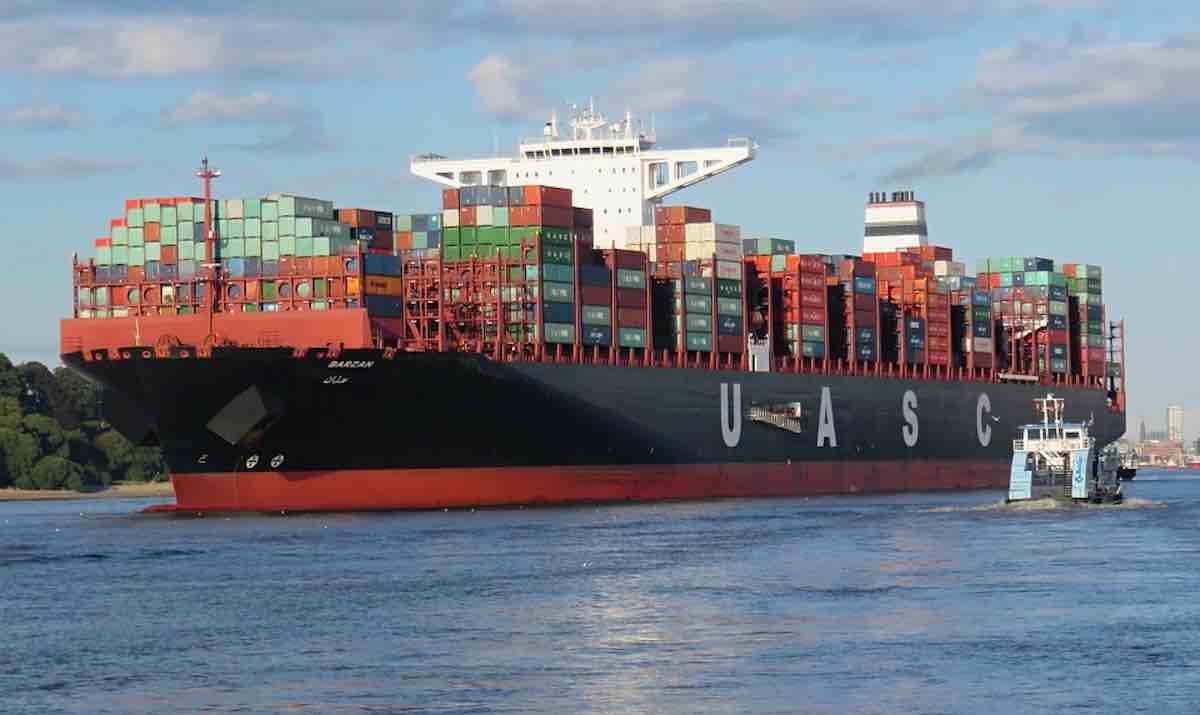In a landmark turn of environmental diplomacy, the global shipping industry has taken a stance against climate change by pledging to reduce their greenhouse gas emissions by 50% by 2050 compared to 2008 levels.
The shipping and aviation industries have previously been excluded from climate talks because they range across international territories, rather than being nationally-based; but according to the BBC, the shipping industry could be called the world’s sixth biggest emitter of greenhouse gases, making it roughly equal with Germany.
Larger countries, such as Brazil and Saudi Arabia, were reluctant to enforce any emission cuts, while smaller countries in the European Union were keen on pursuing 70% to 100% emission cuts.
But the 50% pledge, which was established during the International Maritime Organization talks in London earlier this week, was considered a fair goal to set for all nations involved.
RELATED: In Historic Announcement, World Bank Says it Will No Longer Finance Oil and Gas Exploration
The environment minister of the Marshall Island said of the concluded talks: “To get to this point has been hard, very hard. And it has involved compromises by all countries. Not least by vulnerable island nations like my own who wanted something, far, far more ambitious than this one.
“This is history in the making… if a country like the Marshall Islands, a country that is very vulnerable to climate change, and particularly depends on international shipping, can endorse this deal, there is no credible excuse for anybody else to hold back.”
Kitack Lim, the secretary-general of the International Maritime Organization, reportedly said: “This initial strategy is not a final statement but a key starting point.”
MORE: Animal Activist Makes Historic Deal With Meat Market to Close All Slaughterhouses
Aoife O’Leary, who is a legal analyst for the Environmental Defense Fund Europe, said: “The shipping sector’s greenhouse gas emissions reduction target represents an important step forward. The [International Maritime Organization] has been talking about climate change for twenty years but the strategy agreed this week marks the beginning of a focused debate about the policies and measures that will help the shipping sector modernize and regain the status of a clean and efficient mode of transport.
“The target falls short on ambition, but should be sufficient to drive policy development and consequently investment in clean fuels and technology. EDF remains committed to working with stakeholders including those in the industry to find the ways that will work in order to peak shipping emissions as soon as possible.”
Click To Share The Cool News With Your Friends




















